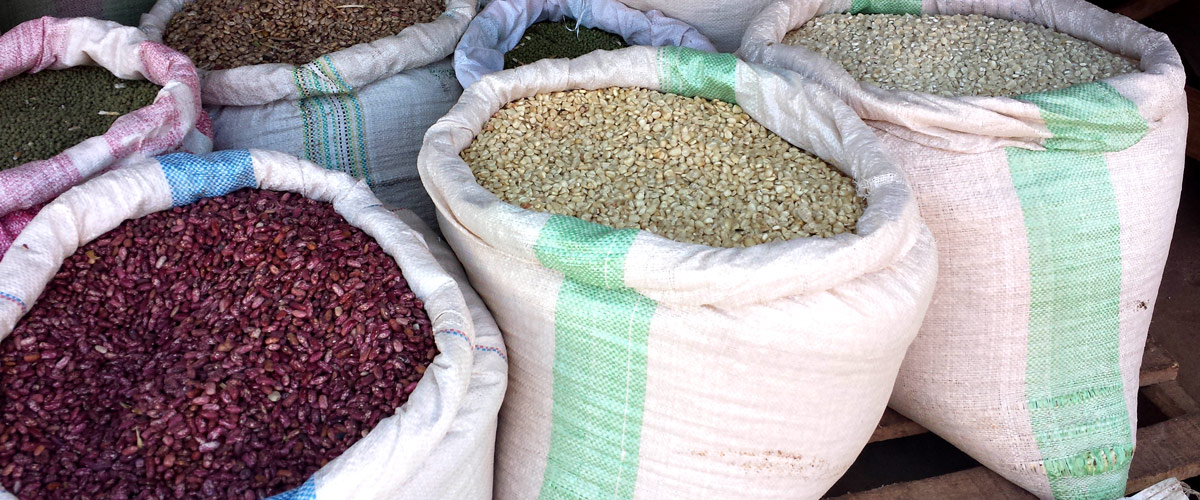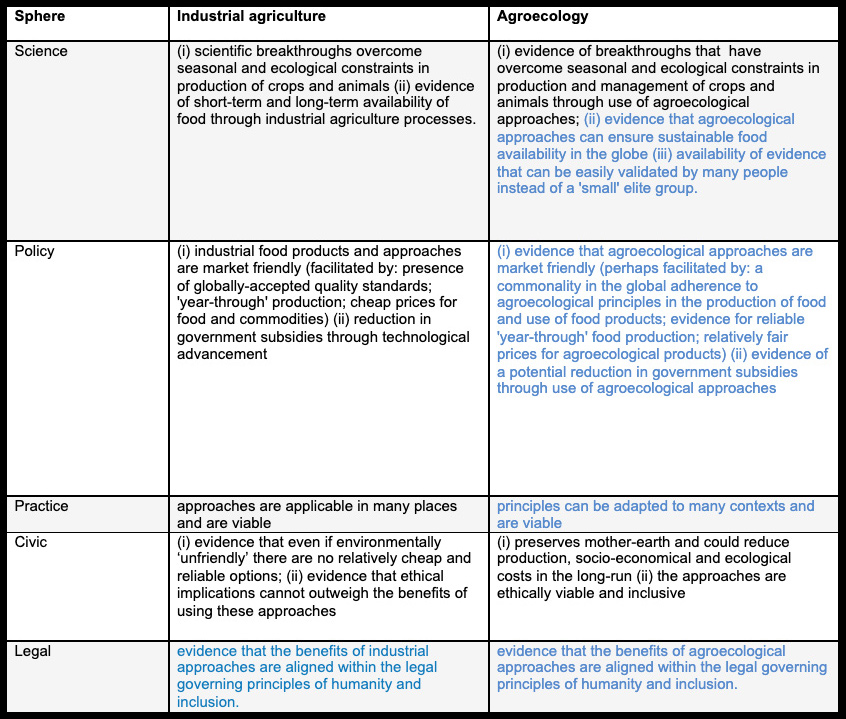
Building an Evidence Base Is Key to Realizing Agroecology’s Potential
By Nuru Kipato, Research Methods Assistant, Statistics for Sustainable Development
Agroecology has been at the center of many debates in agricultural arenas in recent years. As an up-and-coming researcher, I often wondered what all the fuss was about, so I decided to study up on the subject.
My understanding of agroecology is that it describes agriculture based not only on an ecological understanding of the place where it is applied but also a social, economic, cultural, and political one. Agroecological approaches could therefore be those that integrate these multiple dimensions of understanding in the production of food and assessment of agro-food systems’ sustainability.1 Now, this sounds like a sensible vision, right? One that, if realized in a timely way, could perhaps set a foundation for sustainable agricultural systems.
But for agroecology as a vision to take hold globally and reach its transformative potential, it needs to first be accepted as credible and trustworthy by a critical mass of people. Which people? Everyone in the food chain: farmers, civilians and consumers, researchers, legal experts, practitioners, and policymakers. All of these groups need to accept agroecology in order to widely practice it.
This wide acceptance and practice can be termed the “legitimization of agroecology.” 2 To enable this, we need to think of agroecology’s acceptance criteria not only in the spheres of science and practice but also across policy, civic, and legal spheres.
So, how can agroecologists provide evidence for the people in these various spheres to accept agroecology? One avenue is to look at the evidence route of industrial agricultural systems, which is said to be well-established, and use this to shed light on what agroecologists need to set a strong legitimacy base for agroecology.
I recently mapped examples of the evidence of industrial agriculture’s credibility compared to that of agroecology (see table below). Doing so revealed where there are clear gaps in available evidence.
In the policy sphere, for example, there isn’t sufficient evidence (as there is for industrial agriculture) that agroecology is market-friendly and supports reliable, year-round food production. The science realm has yet to see significant evidence supporting agroecology such that it can be validated by many instead of a just a small, “elite” group. These are some of the areas agroecologists will need to focus on in order to legitimize agroecology.
Agroecologists also need to provide evidence that, apart from agroecology’s boast of offering long-term fixes, it can also produce “immediate” fixes that are sustainable in the long run. How else could a farmer be convinced to not use excessive synthetic fertilizers or a consumer to forgo the use of plastic bags? In both instances, agroecology advocates must make the case that changing behavior not only won’t be harmful but is worthwhile as short- and long-term fixes that prevent environmental degradation.
Lacking synchronized evidence in all spheres, it could prove difficult to provide a strong legitimacy base for agroecology. In the long run, the vision could end up a mere fuss that passes with time.
Below is a summary of evidence needed to boost legitimization of agroecology. It is adapted from a reflective analysis of the legitimization of industrial agriculture in five spheres.

Referenced papers:
- Méndez, V. E., Bacon, C. M., and Cohen, R. Agroecology as a Transdisciplinary, Participatory, and Action-Oriented Approach. Agroecol. Sustain. Food Syst. 37, 3–18 (2013)
- Montenegro de Wit, M. and Iles, A. Toward Thick Legitimacy: Creating a Web of Legitimacy for Agroecology. Elem. Sci. Anthr. 4, 115 (2016)
Date:
10/24/2021